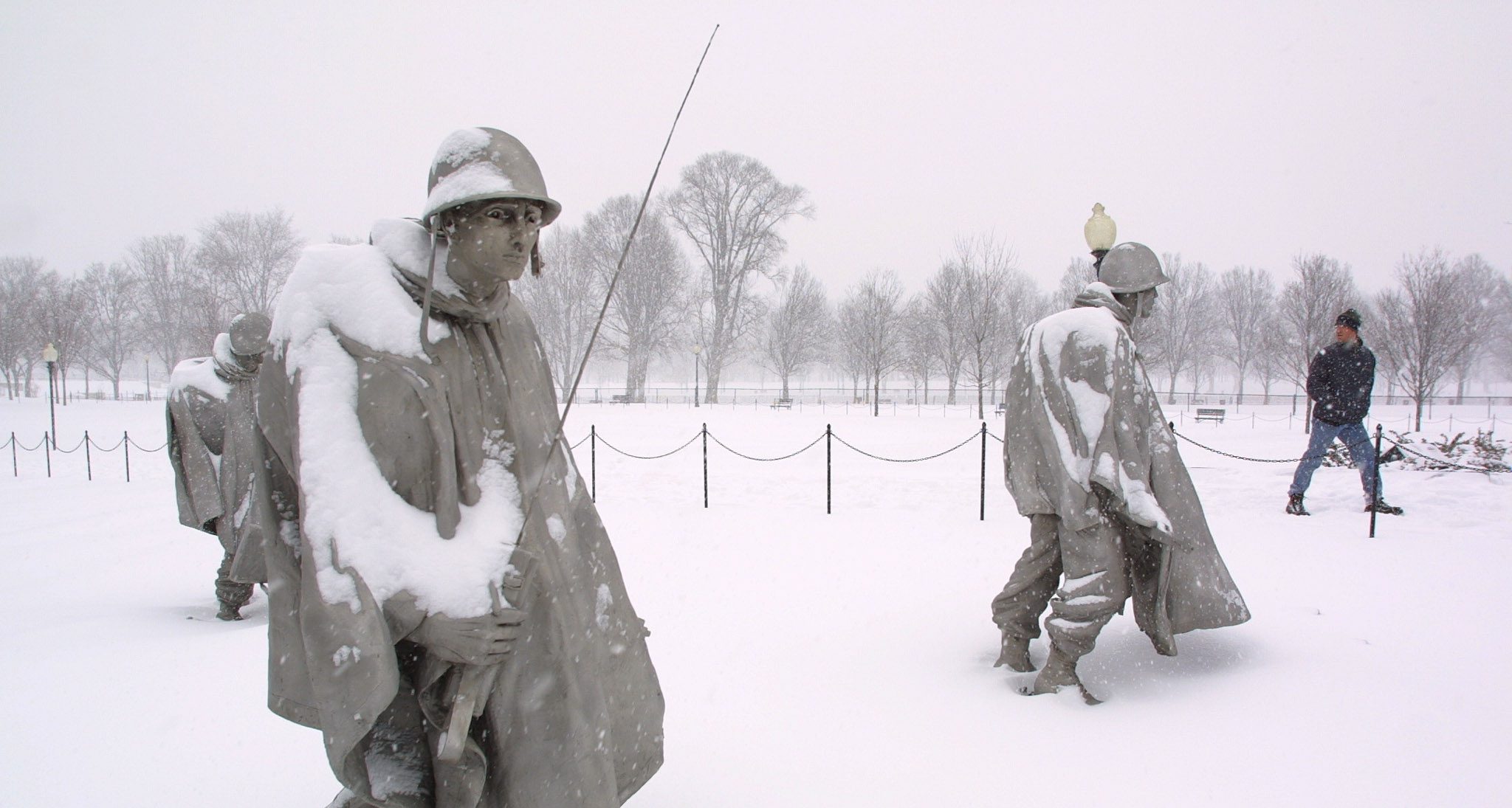AZrailwhale
Diamond Member
- Aug 21, 2020
- 12,759
- 9,658
MacArthur as a bad general. He failed in the Philippines in 1941, he wasted time and lives in New Guinea, he wasted lives in the invasion of the Philippines for personal glory. Since when does a statement like "I shall return" work as a driver for military strategy?It is real RARE General who is not like that. Bear in mind that at the time, our ability to have intelligence on the enemy or his friends was not like it is now. Today they see what you think Doug saw. But Doug had limits. I try to evaluate all Generals and leave out the insults against them.


